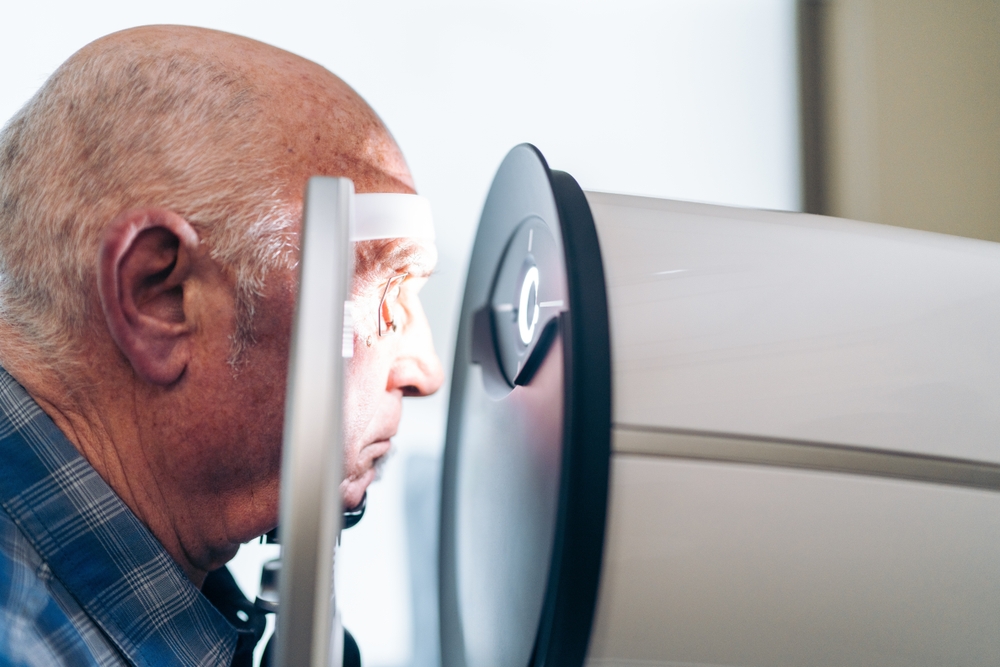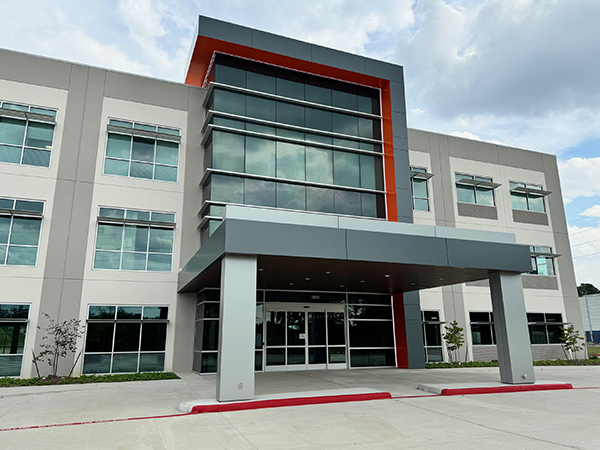
Glaucoma has led so many people to become blind. Yet, many people do not realize they may be at risk. Unlike other eye conditions, glaucoma often has no noticeable symptoms in the early stages. This makes it even more important to know who is most likely to develop it.
So, who is most at risk for developing glaucoma? Let us look at five types of individuals who should be especially aware.
- Older Adults
It is no surprise that age plays a significant role when it comes to glaucoma. The older you are, the more likely you are to develop glaucoma. In fact, people over the age of 60 are at a much higher risk. And for those over 80? The chances only get higher.
Why does this happen? The eye’s drainage system deteriorates with age, resulting in a buildup of pressure within the eye. This pressure damages the optic nerve, which leads to glaucoma.
- Family History of Glaucoma
If glaucoma runs in your family, you need to book an appointment with your eye doctor. Family history is one of the most significant risk factors. If a parent, sibling, or grandparent has had glaucoma, your chances of developing it increase by several times.
It is often thought of as a “genetic disease,” so if someone in your family has it, it is important to talk to your eye doctor.
- People of African or Hispanic Descent
If you are an African-American, you have a higher chance of developing glaucoma compared to other races, particularly for early-onset glaucoma. This means they can develop the disease at a younger age and often face more severe forms of it.
Hispanic Americans, especially those over 60, also have a higher risk. If you belong to these groups, staying on top of eye exams is especially important.
- Those With Pre-Existing Health Conditions
If you have diabetes, there is a high chance you will also develop glaucoma. Also, high blood pressure can contribute to getting the condition, as it affects circulation to the optic nerve.
Additionally, if you have heart disease, you may be at a greater risk due to poor blood flow. Thyroid problems and even sleep apnea can affect eye health and contribute to higher eye pressure.
If you have any of these conditions, consult your doctor to determine how they may affect your eyes and vision.
- People With Eye Injuries or Other Eye Conditions
If you have had an eye injury or undergone eye surgery, you are at higher risk for glaucoma later on. Additionally, individuals with conditions, such as severe nearsightedness (myopia), thin corneas, or a history of previous eye surgeries, may also have a higher risk.
Angle-closure glaucoma, a rarer type of glaucoma, can develop due to blocked fluid drainage in the eye, which may be related to the shape of the eye or an injury.
When Should You See a Doctor?
If you belong to any of these high-risk groups, make sure to have routine eye checkups. Also, if you notice any changes in your vision, such as blurry or tunnel vision, seeing halos around lights, or having trouble seeing at night, be sure to see an eye doctor as soon as possible. Early intervention can make all the difference in slowing or even stopping the progression of glaucoma.
For more on glaucoma, visit iSurg of Spring at our office in Spring, Texas. Call (713) 565-2450 to book an appointment today.
https://glaucoma.org/understanding-glaucoma/risks
https://glaucoma.org.au/what-is-glaucoma/risk-factors-for-glaucoma







